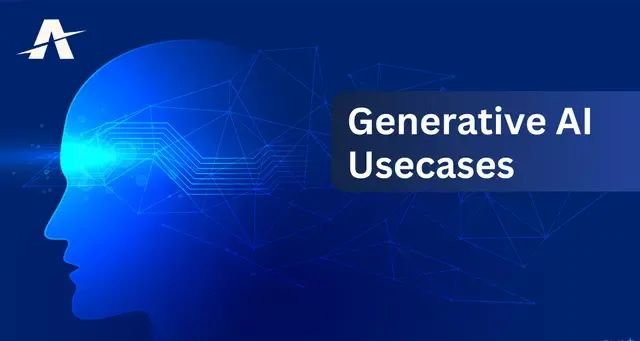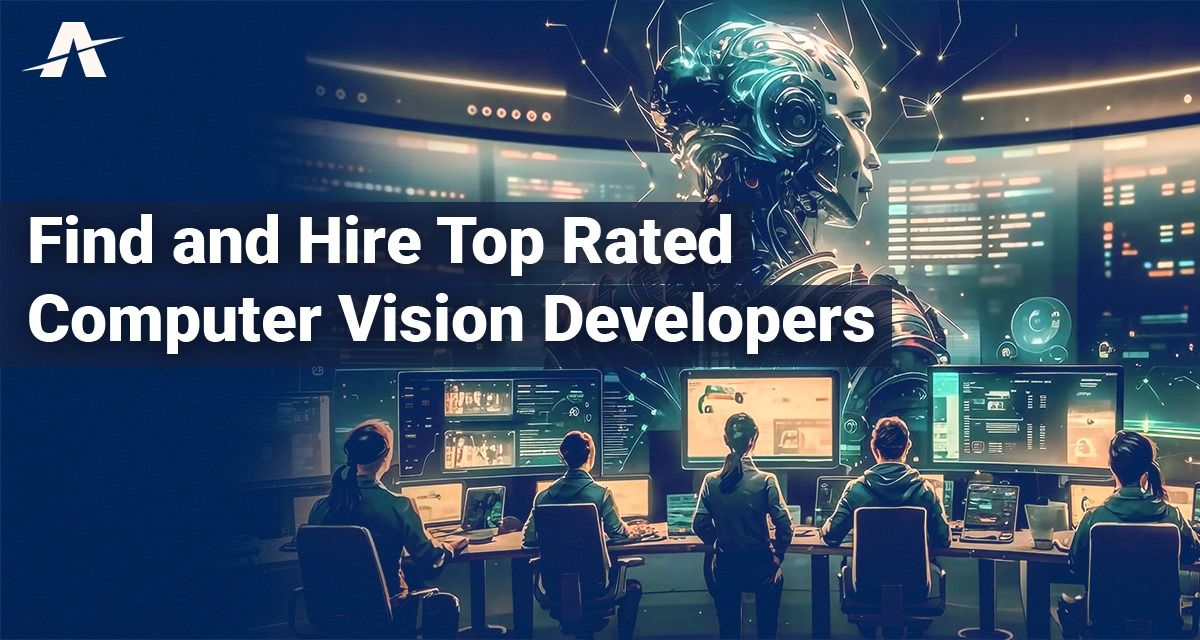
Businesses are continually seeking ways to reduce costs, enhance efficiency, and improve customer service. Virtual Assistant Artificial Intelligence (AI) is one of the most effective tools supporting these goals.
These AI-powered assistants can respond to customer questions, manage routine tasks like scheduling or data entry, and provide support around the clock. By automating repetitive work, they help employees focus on important tasks.
This leads to better productivity, smoother operations, and improved customer satisfaction. Virtual assistants are also scalable, making them a cost-effective solution for companies of all sizes.
With their ability to streamline work and enhance customer engagement, AI-driven virtual assistants are changing how businesses operate and creating new opportunities for growth and success.
What is a Virtual Assistant Artificial Intelligence?
A Virtual Assistant Artificial Intelligence (AI VA) is a software-powered solution designed to perform tasks, respond to queries, and simulate human-like conversations. Unlike traditional chatbots that follow rigid scripts, AI VAs use advanced technologies such as:
Natural Language Processing (NLP) – to understand and respond to human language.
Machine Learning (ML) – to learn from interactions and improve responses over time.
Automation Tools – to carry out repetitive and complex workflows.
These assistants can be integrated into multiple platforms like websites, mobile apps, CRM systems, and social media channels, making them highly versatile for modern businesses.
How Virtual Assistants Automate Business Operations
AI-driven virtual assistants are no longer limited to answering FAQs. They play a pivotal role in automating workflows across different departments. Here are some key areas where they streamline operations:
Customer Support Automation
Virtual assistants can handle up to 80% of routine customer queries, including questions about product availability, order status, billing, or troubleshooting. By offering 24/7 support, businesses reduce the dependency on human agents, minimize response times, and lower operational costs.
Appointment Scheduling & Reminders
AI VAs can seamlessly integrate with calendars, making it easy to schedule appointments, set reminders, and reschedule without human intervention. For service-based businesses like healthcare, consulting, and salons, this ensures better time management and reduced no-shows.
HR and Employee Support
From answering common HR-related queries (leave policies, payroll updates, training schedules) to onboarding new employees, AI-powered assistants save HR teams countless hours of repetitive work.
Data Management and Reporting
Businesses can connect AI assistants with CRM systems to fetch, update, or analyze customer data. For example, a sales representative can ask the virtual assistant for the latest lead information or monthly performance reports without going through multiple dashboards.
E-commerce Operations
In online retail, AI assistants can handle order tracking, suggest products, process returns, and guide customers through checkout. This automation not only improves efficiency but also enhances customer satisfaction.
Enhancing Client Engagement with AI Virtual Assistants
Beyond automation, AI VAs play a critical role in building stronger client relationships. Their ability to personalize interactions creates a meaningful and engaging customer experience.
Personalized Recommendations
By analyzing customer behavior and purchase history, AI assistants can recommend relevant products or services. For instance, if a customer frequently orders fitness gear, the VA can suggest accessories, apparel, or supplements aligned with their interests.
Multichannel Engagement
Today’s customers interact with businesses through various channels – websites, mobile apps, WhatsApp, and social media. AI assistants ensure consistent communication across all these touchpoints, providing seamless client engagement.
Real-Time Support
Immediate responses play a crucial role in customer satisfaction. Whether it’s resolving a payment issue or assisting during checkout, AI VAs provide instant help, preventing frustration and reducing cart abandonment.
Feedback Collection and Analysis
AI assistants can proactively ask customers for reviews, ratings, or feedback after an interaction. They also analyze sentiment to help businesses identify strengths and areas of improvement.
Human-Like Conversational Experience
With advancements in conversational AI, modern assistants can mimic natural human dialogue. This makes interactions feel more engaging, trustworthy, and less robotic.
Benefits of Virtual Assistant Artificial Intelligence for Businesses
The adoption of AI-driven virtual assistants brings measurable advantages across industries:
Cost Savings
Reduced dependence on large customer service teams.
24/7 Availability
Continuous customer support without geographical or time-zone limitations.
Scalability
AI assistants can handle thousands of conversations simultaneously, something impossible for human teams
Improved Efficiency
Automation of repetitive tasks allows human employees to focus on strategic roles
Better Data Utilization
AI assistants provide actionable insights by analyzing customer interactions and trends.
Real-World Applications Across Industries
E-commerce
Offering product recommendations, processing returns, and tracking deliveries.
Healthcare
Scheduling patient appointments, providing medication reminders, and answering basic medical inquiries.
Finance
Handling account inquiries, balance checks, and fraud alerts.
Travel and Hospitality
Assisting with booking reservations, check-ins, and providing local recommendations.
Education
Supporting students with course information, deadlines, and personalized learning resources.
Future of Virtual Assistant AI in Business
The evolution of AI-powered virtual assistants is only beginning. Future advancements will include:
Voice-first interactions – Greater adoption of voice-enabled AI assistants for hands-free support.
Hyper-personalization – Deeper integration with CRM and predictive analytics for highly tailored experiences.
Emotional intelligence – AI capable of detecting and responding to human emotions for empathetic engagement.
IoT integration – Virtual assistants working with connected devices to provide smart, automated environments.
Virtual Assistant Artificial Intelligence is no longer a futuristic concept—it is a practical business tool that automates daily operations and elevates customer engagement. From reducing operational costs to building stronger client relationships, AI-driven virtual assistants deliver measurable benefits across industries.
As technology continues to evolve, the businesses that integrate AI assistants into their workflows will enjoy improved efficiency, customer satisfaction, and long-term growth.
Frequently Asked Questions (FAQ)
Q1: What is a Virtual Assistant Artificial Intelligence?
A Virtual Assistant Artificial Intelligence (AI VA) is a software-powered system that automates tasks, answers queries, and simulates human-like conversations using AI technologies like NLP and machine learning.
Q2: How do AI Virtual Assistants help businesses?
They help by automating routine operations such as customer support, scheduling, data management, and HR queries, while also enhancing client engagement with personalized and real-time interactions.
Q3: Can AI Virtual Assistants replace human employees?
No, they are not meant to replace humans but to complement them. By handling repetitive tasks, AI frees up employees to focus on strategic, creative, and complex work.
Q4: Are AI Virtual Assistants expensive to implement?
Costs vary depending on the solution, but many cloud-based and scalable options make AI assistants affordable for small, medium, and large businesses.
Q5: Which industries benefit the most from AI-powered Virtual Assistants?
Industries like e-commerce, healthcare, banking, hospitality, and education see the most impact due to high customer engagement needs and repetitive workflows.
Q6: What’s the difference between chatbots and AI Virtual Assistants?
Traditional chatbots follow pre-programmed rules, while AI VAs use natural language processing and machine learning to understand context, learn, and provide smarter responses.
Q7: Do AI Virtual Assistants support multiple languages?
Yes, modern AI solutions can communicate in multiple languages, making them ideal for businesses serving global audiences.












